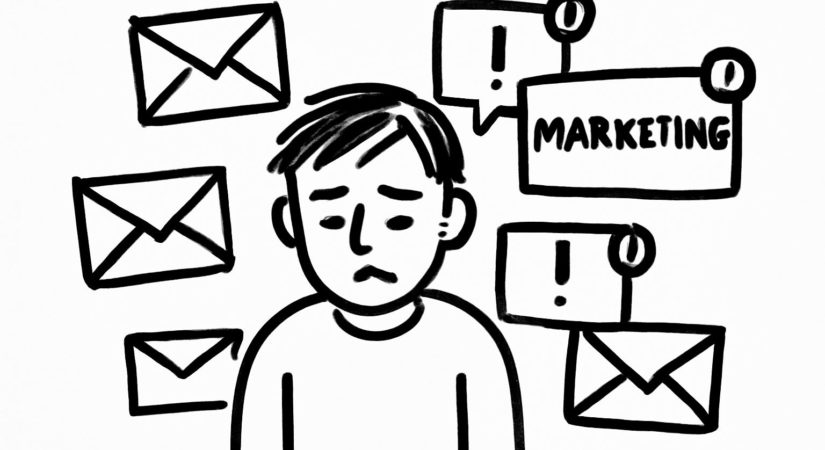As Father’s Day approaches, many companies send opt-out emails allowing recipients to avoid marketing messages related to sensitive occasions. While initially seen as a compassionate gesture, this trend has sparked debate over whether it genuinely supports those in grief or serves as a marketing tactic.
Charlotte Andrews, who lost her father in 2020, recalls the difficulty of receiving numerous Father’s Day emails. The UK florist Bloom & Wild pioneered offering customers the choice to opt out of such emails, a move welcomed as thoughtful and sensitive.
However, as more brands adopted this approach, opt-out emails became frequent and, for some, intrusive reminders of personal loss. Julie Lamont, a grief counsellor at Butterflies Bereavement Support, says the original intent was positive but has since morphed into a “marketing ploy”. She warns that unsolicited emails can unsettle those grieving by undermining their sense of control during a vulnerable time.
Bloom & Wild co-founder Aron Gelbard explained their opt-out concept began in 2019 following customer feedback. Initially, 17,000 people opted out within 24 hours. Despite fears of reduced sales, the company found customers responded positively, ordering more throughout the year.
To promote thoughtful marketing, Bloom & Wild launched the Thoughtful Marketing Movement encouraging other businesses to adopt similar practices. Yet Gelbard observed that widespread adoption diluted the initiative’s authenticity, especially when unrelated brands sent opt-out emails. In 2024, Bloom & Wild ceased individual opt-out emails, opting instead for a website preference centre offering control without targeted messaging.
Marketing expert Vikki Randles agrees opt-out messages can show empathy when authentic and relevant to the occasion. She cautions against companies promoting unrelated products under this guise, which could appear insincere. Randles, who lost her father eight years ago, notes that Father’s Day remains meaningful but that some consumers may still appreciate these communications for practical reasons.
Ultimately, as Charlotte Andrews reflects, allowing individuals to choose silence may be the most considerate approach during difficult times. Support and resources for those affected by grief are available through the BBC Action Line.
